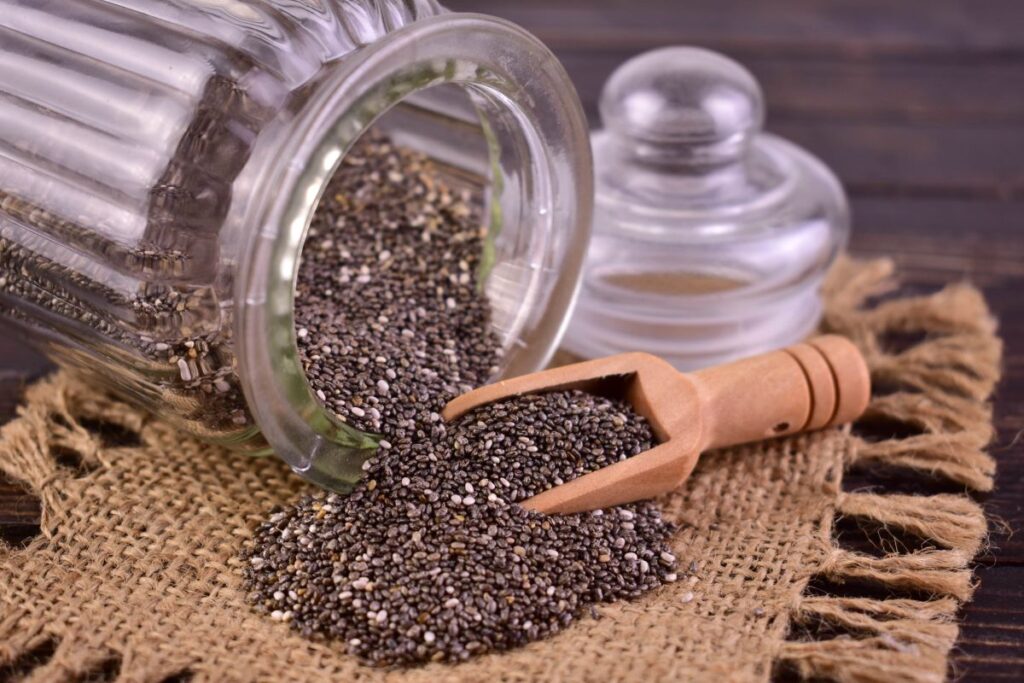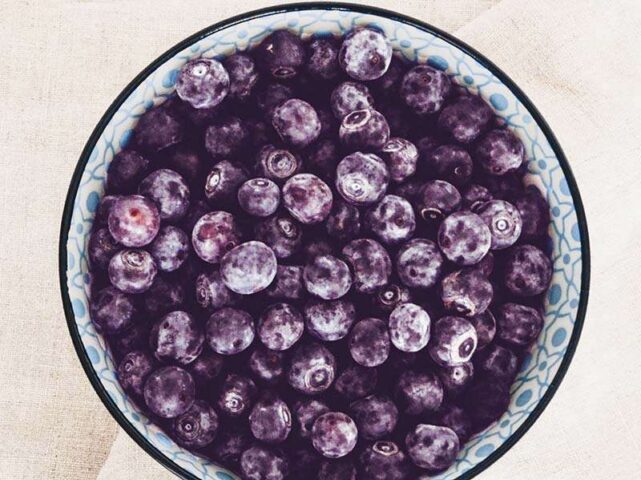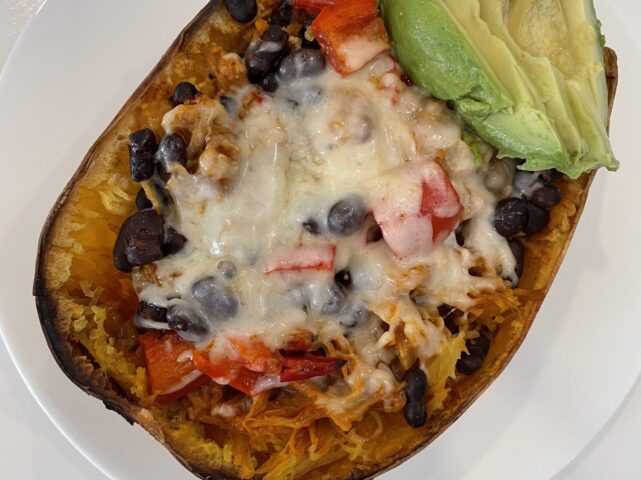Lignans and Breast Cancer: Latest Research Insights

By Rebecca Jaspan, MPH, RD, CDN, CDCES
Eating a plant-based diet is known to confer a number of health benefits. One reason for this is the contribution of polyphenols found in plant foods. Polyphenols are high in antioxidants that help to prevent various diseases including cardiovascular disease and cancer and they are classified into groups such as stilbenes, flavonoids, phenolic acids, and lignans. Of particular interest to researchers studying breast cancer are lignans. Health benefits attributed to lignans include decreased risk of heart disease, menopausal symptoms, osteoporosis and breast cancer.1 What kinds of foods are lignans and what’s the latest research on their role in preventing breast cancer?
Breast cancer is one of the most common cancers and the second most responsible for cancer mortality worldwide.2 Lignans have been one of the most studied foods regarding possible associations with decreasing breast cancer risk. Lignans are present in seeds such as flax, pumpkin, sunflower, poppy, and sesame, whole grains, beans, fruit, vegetables, and beverages like tea, coffee, and wine. They are found in higher concentrations in sesame and flax seeds.3
Lignans are considered phytoestrogens, meaning that they mimic the effects of estrogen in the body, but are substantially weaker than the hormone.1 Phytoestrogens may be beneficial for the prevention of breast cancer as studies show that they could help block estrogen synthesis and metabolism to slow cancer cell growth.4 In one study, women who consumed the highest amount of lignans had 40-50% lower odds of breast cancer compared with those consumed the lowest amount.5
In addition to lignans’ phytoestrogen properties, foods such as flaxseeds have a number of cancer preventing health benefits and are widely studied for breast cancer prevention. Flaxseeds and flaxseed oil are high in omega-3 fatty acids, an essential heart healthy fat. Best known for their role in heart healthy and decreasing inflammation, research also suggests omega-3 fatty acids may protect against cancer as well. One study suggests that omega-3 fatty acids could improve the effectiveness of some chemotherapy drugs and may help kill breast cancer cells by blocking a specific pathway involved in cell growth.6 Flaxseeds are also high in fiber, which may protect against breast cancer. In one review of 20 studies, higher total fiber intake was associated with 8% lower risk of developing breast cancer in pre and postmenopausal women.7
Conversely, there is some evidence against lignan consumption with breast cancer. For those diagnosed with estrogen receptor positive breast cancer, some oncologists recommend against consuming phytoestrogen-containing foods as there is evidence that these compounds may interact with anti-cancer drugs.8 Always be sure to speak with your doctor before consuming lignan-containing foods if you have a breast cancer diagnosis.
Many studies have found an association between flaxseed consumption and reduced risk of breast cancer due to their fiber, lignan, antioxidant, and omega-3 fatty acid content. However, a variety of factors can contribute to breast cancer development including age, genetics, medical history, and lifestyle. Flaxseeds can be incorporated into a well-rounded diet that contains a variety of nutrient-dense foods. They have a mild, nutty flavor and adds texture to meals and snacks. When buying flaxseeds, look for ground flaxseeds as these are best absorbed in the gastrointestinal tract where whole flaxseeds are not absorbed. Add ground flaxseeds to a Greek yogurt bowl, smoothies, and oatmeal and flaxseed oil to salad dressings and sauces.
References
- Rodríguez-García C, Sánchez-Quesada C, Toledo E, Delgado-Rodríguez M, Gaforio JJ. Naturally Lignan-Rich Foods: A Dietary Tool for Health Promotion? Molecules. 2019 Mar 6;24(5):917. doi: 10.3390/molecules24050917. PMID: 30845651; PMCID: PMC6429205.
- Calado A, Neves PM, Santos T, Ravasco P. The Effect of Flaxseed in Breast Cancer: A Literature Review. Front Nutr. 2018 Feb 7;5:4. doi: 10.3389/fnut.2018.00004. PMID: 29468163; PMCID: PMC5808339.
- Landete J.M. Plant, mammalian lignans: A review of source, intake, metabolism, intestinal bacteria, health. Food Res. Int. 2012;46:410–424. doi: 10.1016/j.foodres.2011.12.023.
- Tanwar AK, Dhiman N, Kumar A, Jaitak V. Engagement of phytoestrogens in breast cancer suppression: Structural classification and mechanistic approach. Eur J Med Chem. 2021;213:113037. doi:10.1016/j.ejmech.2020.113037
- McCann SE, Hootman KC, Weaver AM, et al. Dietary intakes of total and specific lignans are associated with clinical breast tumor characteristics. J Nutr. 2012;142(1):91-98. doi:10.3945/jn.111.147264
- Ma Y, Wang J, Li Q, Cao B. The Effect of Omega-3 Polyunsaturated Fatty Acid Supplementations on anti-Tumor Drugs in Triple Negative Breast Cancer. Nutr Cancer. 2021;73(2):196-205. doi:10.1080/01635581.2020.1743873
- Farvid MS, Spence ND, Holmes MD, Barnett JB. Fiber consumption and breast cancer incidence: A systematic review and meta-analysis of prospective studies. Cancer. 2020;126(13):3061-3075. doi:10.1002/cncr.32816
- https://www.oncologynutrition.org/erfc/healthy-nutrition-now/foods/flaxseeds-and-breast-cancer







